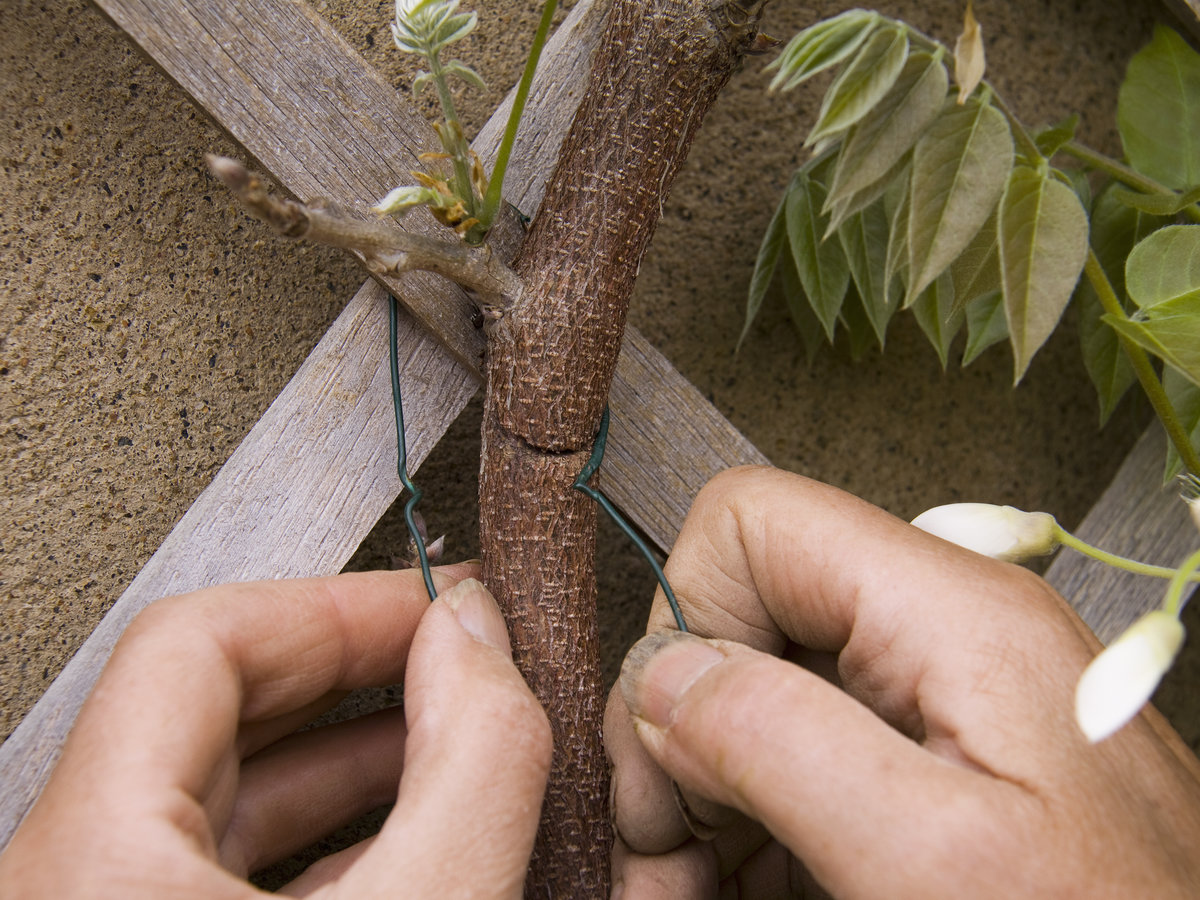We’ve had some
pretty dramatic rains recently. But, a good thing about that is that you can
already see the difference they’re making to how green things are all around
us. I moved away from England almost fourteen years ago, and every time I do go
back, I realize I’ve forgotten two things: quite how much it rains, and quite
how green it is. I’ll actually be back in Ireland briefly this coming summer
for the first time in years, and even though I know perfectly well in my head
what Irish climate is like, I know that’ll be somewhat of a shock to system to
be back there, to be surrounded by that much rain, and that much green.
This would have
been an even more shocking surprise for Jesus and his disciples, I
imagine. Their world was not filled with
nearly as much rain even as ours, nor anywhere near as much green. Of course they knew of exquisite gardens,
they knew of fertile deltas, but they knew them as rare, and as requiring a
great deal of work, painstaking care and attention. There were really only three types of fruit
that would have grown where Jesus lived: figs and olives on trees; grapes on
vines. All of these can survive with
very little rain, but take a great deal of work if you hope for a fruitful
harvest and vines probably needing the most.
You have to prepare the soil around them, build supports for the vines,
take care they intertwined the right way, not the wrong way, and prune,
constantly prune. But, if you were able
to put in the work, the results were quite something. Properly tended vines could survive with very
little water and produce grapes, not so effective for filling the stomach, but
wonderful for gladdening the heart.
And, so, Jesus
tells us that we are to be branches on a vine.
It’s not just a relevant image for his disciples, it’s a fitting image
for humanity. We do live in a world that
can seem like a drought; our natural and human world doesn’t give us all we
need, we remain thirsty. We are
pain-stakingly tended by our divine vinedresser, and we are able to bear
joy-bringing fruit.
First the
drought. This is still Easter, we’re
rejoicing, but we can’t fully celebrate the marvel of God has done for us in
Christ without honestly naming the ways we feel drought. We feel athirst. The Constitutions of my religious family, the
Congregation of Holy Cross, name this experience of drought in these poignant
words: “Whether it be unfair treatment, fatigue or frustration at work, a lapse
of health, tasks beyond talents, seasons of loneliness, bleakness in prayer,
the aloofness of friends; or whether it be the sadness of our having inflicted
any of this on others … there will be dying to do on our way to the Father. But
we do not grieve as [people] without hope, for Christ the Lord has risen to die
no more.”
The heart of
our Christian creed is that dying does not get the final word; it’s but our
penultimate fate. Naming our drought,
and naming it in a more personal way than Constitutions for a whole religious
order can do, is actually one really important step in growing in our awareness
of what God is doing for us; it’s a step the Bible calls lament.
But we don’t
stop there, because we’re not branches of a dying vine. We’re branches of the vine that is Christ,
who rose to die to no more, who has by dying has conquered death. We are branches of the vine that is tended by
our heavenly Father. Lament moves to praise
And that’s
despite how hard we are to tend sometimes!
How much hand-holding we need!
How often we need comfort or correction!
How lovingly he provides it… never counting the cost! Yes, God tends us; tends us for
fruitfulness. Because that’s the end of
this: in a world that knows drought, we, rooted in Christ and tended by the
Father, can dare to reach out, to extend our fruit, and gladden the world’s
heart.
Stuff flows in
two directions in a tree: we bring the needs of the drought-struck world to God
in prayer and bear witness to that same world of the good news of God’s care by
offering our fruit. The first half of
that is part of what our lament, thinking about the drought does. That’s a
large part of what we bring to Mass, of what we offer, maybe in the penitential
rite if part of that is our own sin, certainly as we repeat “Lord, hear our
prayer,” and certainly as we join our hearts with the Eucharistic Prayer. “May
this sacrifice of our reconciliation, we pray, O Lord, advance the peace and
salvation of all the world.”
And God tends
us here too. And God roots us more deeply in Christ. In the Word proclaimed, in
his Eucharistic presence, re-presenting to us the sacrifice at Calvary that shows
us what lengths he’ll go to to tend us, in his body, blood, soul and divinity.
And then we’re sent. It’s important that we don’t just wander out of Mass. No,
the dismissal, “Go in peace, glorifying the Lord by life,” the priest’s last
words of Mass, make clear what difference our participation here is meant to
make, that we have been fed and watered and tended not just for our own
benefit, but so that the world might be nourished by our fruit.

No comments:
Post a Comment